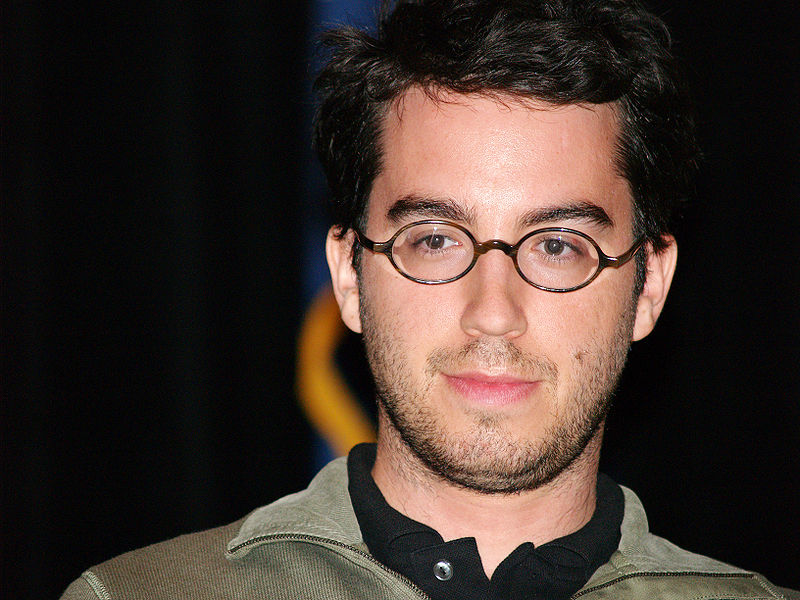Written by Vegetarian Star on Tuesday, August 10th, 2010 in Authors, Books, Food & Drink, Interviews.

Daphne Oz
Daphne Oz, author of The Dorm Room Diet, and daughter of the famous daytime television host and heart surgeon Dr. Oz, has accumulated a wealth of information from her father, holistic nutrition adviser grandmother and vegetarian mother over the years. Daphne took her knowledge and wrote a book aimed to teach people how to fuel their bodies with food that gives energy, fights disease, and is healthier for the planet. The Dorm Room Diet contains an entire chapter especially dedicated to thinking about the impact of food on the environment, in addition to a chapter filled with vegetarian recipes.
Throughout the book, you remind readers of the benefits of being vegetarian (discuss how you get your nutrients without meat, pitfalls of meat protein, only vegetarian recipes in the book) without actually telling people to go veg. Was this done on purpose as a way to promote a vegetarian lifestyle without being preachy or did it naturally fall into place?
It naturally fell into place, partly because I have no idea how to cook meat, and partly because it’s a lot easier to purchase, store and cook vegetarian dishes when living in the dorm room. I’m glad you saw it as a natural way to promote the vegetarian lifestyle, and introduce readers to flavors, textures, and substitutes they might never have considered before, because that was certainly a goal of ours throughout the chapter. So often, knowledge and a little nudge is all people need to change old habits.
What’s your favorite recipe from the book and why?
My favorite recipe is the Nuttier Butter, just because it’s so easy and versatile–I would spread it on whole grain toast for breakfast, eat a spoonful before working out for a powerful shot of protein, fiber and energy, and even used it as the base for a spicy thai peanut salad dressing for dinner sometimes. Plus, it’s such a cool variation on the average peanut butter that adds omega fats and fiber.
The Dorm Room Diet sounds like it’s aimed at college students. How can a regular, working adult benefit from some of the advice in the book?
The advice in the book is really targeted at anyone looking to break free of the deprivation of fad diets and establish a permanent, healthy lifestyle that puts you in total control. The tips and tricks are targeted at anyone short on time, space, and/or money who still wants to make an effort to establish healthy habits to last a lifetime, so it’s equally helpful to people spending their time in a dorm room or a cubicle!
(more…)
Possibly Related Posts:








